1. Noise Complaints
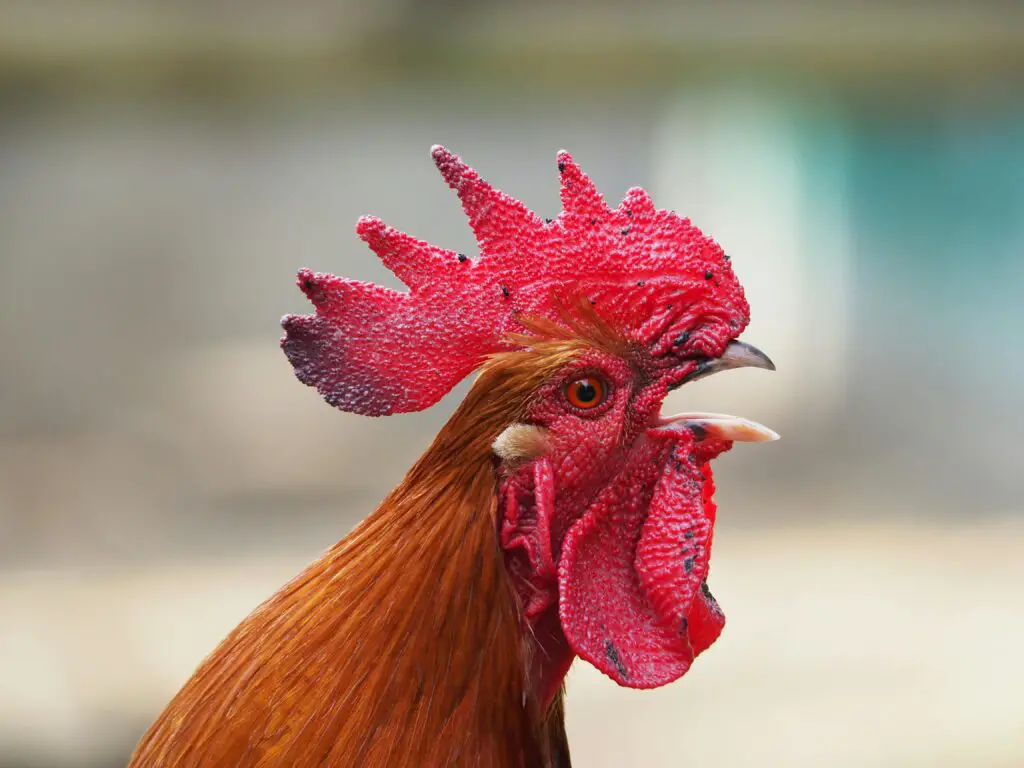
Chickens, especially roosters, are surprisingly noisy, crowing at all hours of the day and sometimes night. This can quickly lead to complaints from neighbors, especially in suburban or urban areas. Even hens can be loud when laying eggs, disrupting the peace you may be seeking.
2. Messy Coops
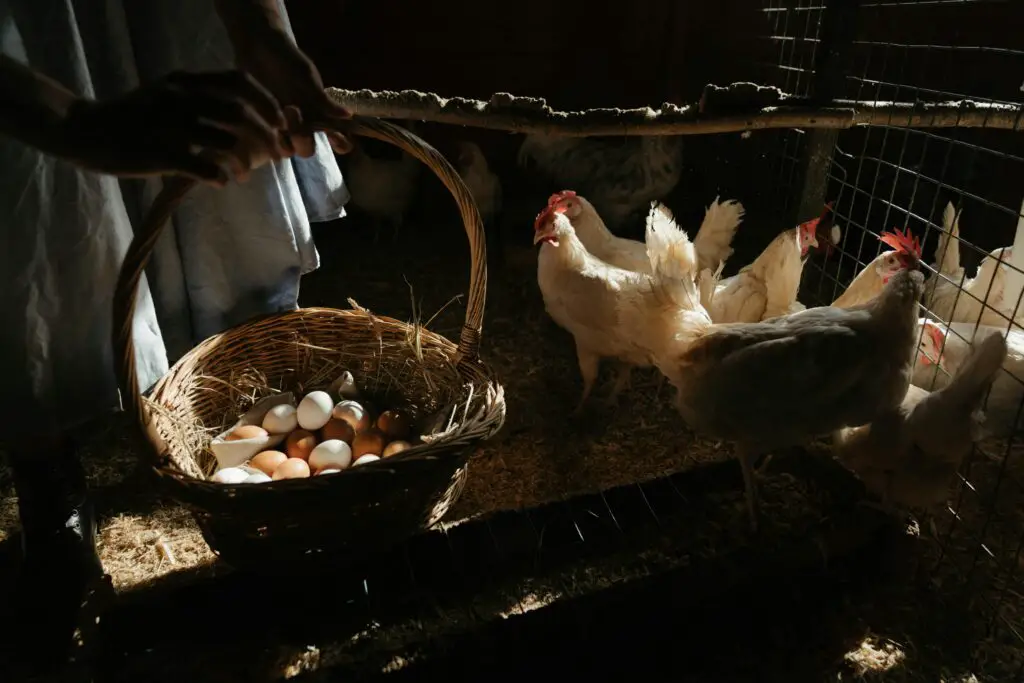
Chicken coops require constant maintenance to avoid unpleasant odors and unsanitary conditions. Without regular cleaning, waste can pile up, attracting flies and creating health hazards. Managing the mess is a time-consuming and often unpleasant task.
3. Attracting Predators

Chickens are easy targets for predators like raccoons, foxes, and hawks. Keeping them safe requires secure coops and constant vigilance, which can become stressful. A single breach in your defenses could result in devastating losses.
4. Expensive Setup Costs

While chickens might seem like a low-cost option for fresh eggs, the initial setup can be pricey. Coops, fencing, feeders, and heating lamps add up quickly, making it far from a budget-friendly endeavor. These costs often outweigh any savings from not buying store-bought eggs.
5. Ongoing Maintenance
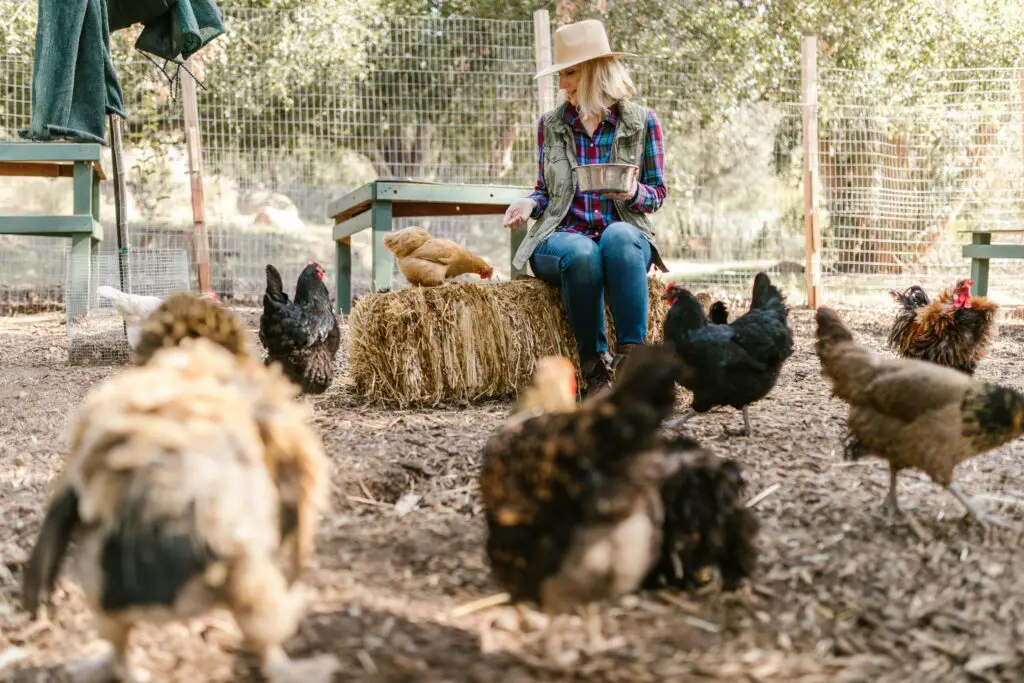
Chickens require daily care, including feeding, watering, and cleaning their living spaces. This routine can feel restrictive, especially if you enjoy traveling or have a busy lifestyle. Finding someone to care for your chickens while you’re away can also be challenging.
6. Health Risks
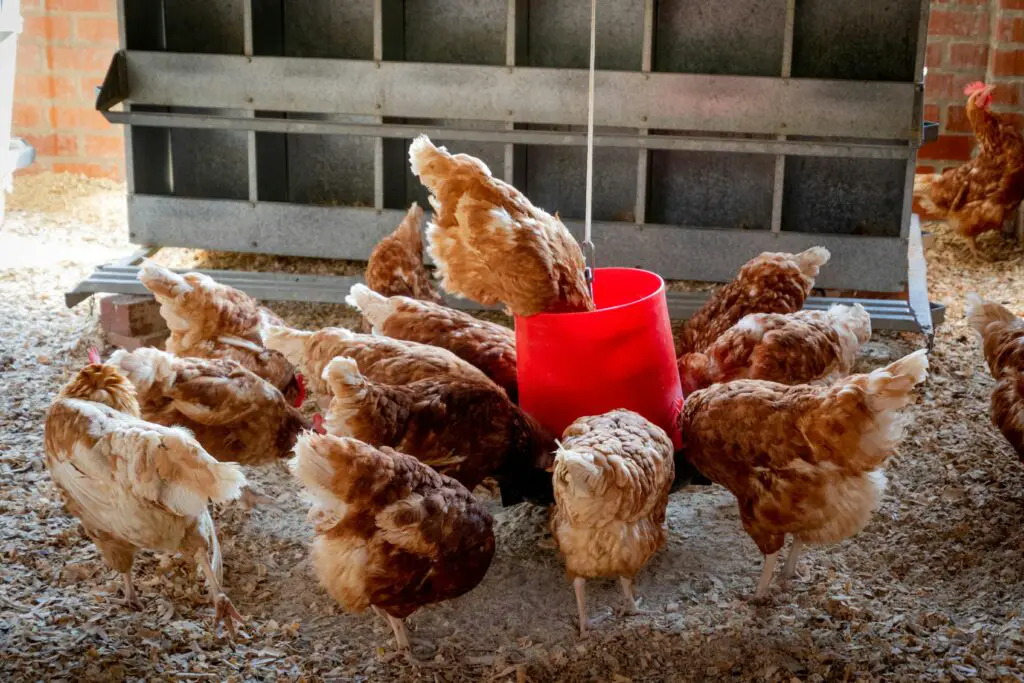
Chickens can carry diseases like salmonella, which pose risks to both you and your family. Handling them improperly or neglecting hygiene after coop cleaning can result in serious illness. This concern can outweigh the benefits of keeping them as pets or livestock.
7. Zoning Laws
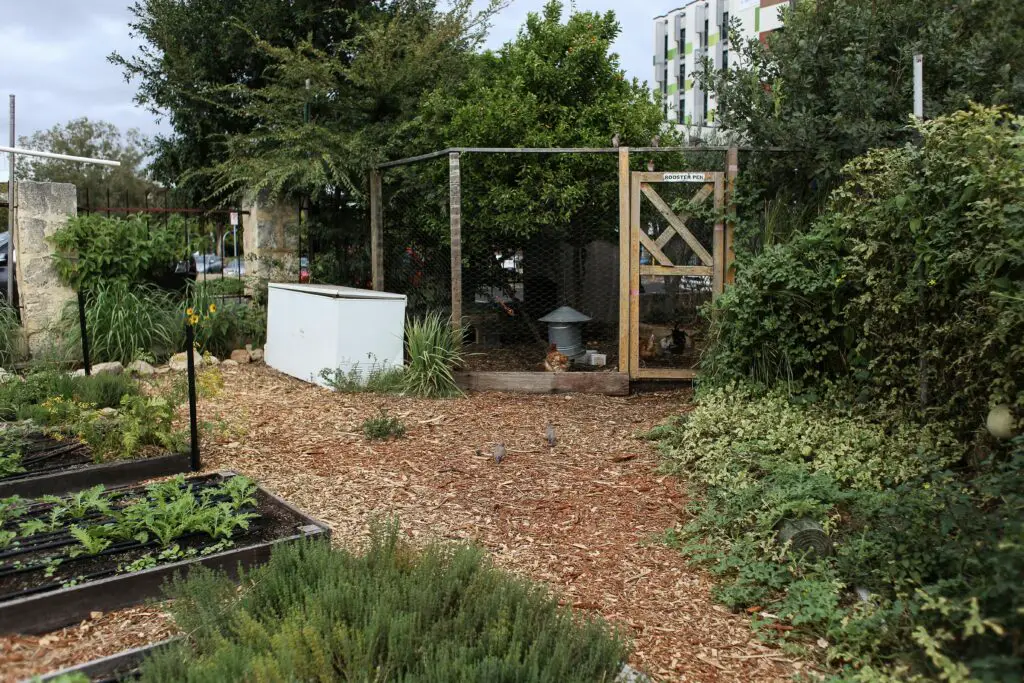
Many residential areas have strict zoning laws or homeowner association rules that limit or prohibit chicken keeping. Violating these rules can lead to fines, legal troubles, or the forced removal of your flock. This adds an extra layer of stress for would-be chicken owners.
8. Declining Egg Production
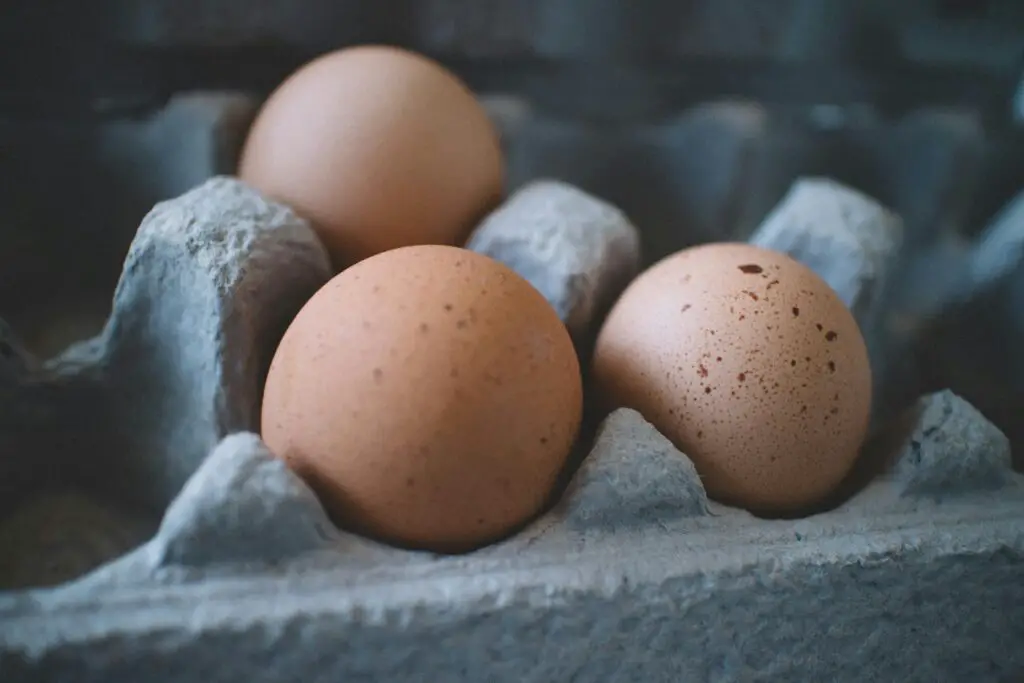
Chickens don’t lay eggs consistently throughout their lives, and their production decreases as they age. Older chickens still require care, meaning you’ll be spending time and money on birds that no longer provide the eggs you expected. This makes them less cost-effective than anticipated.
9. Time Commitment
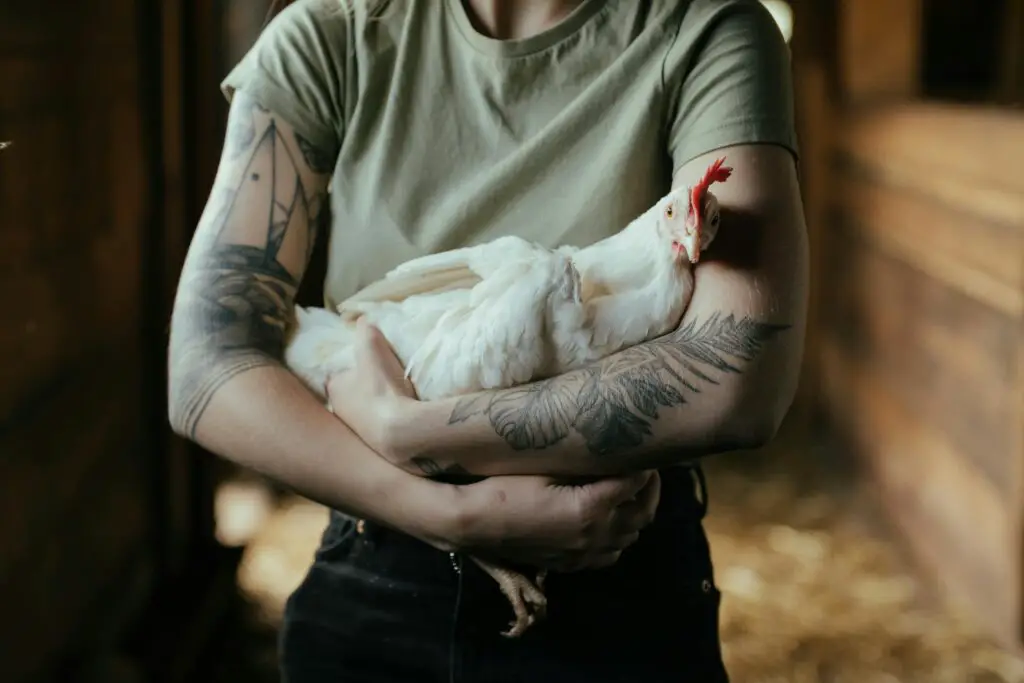
Raising chickens is not a passive hobby; it demands daily attention and significant time investment. Between feeding, coop maintenance, and medical care, chickens require much more effort than many people anticipate. This commitment can quickly become overwhelming for busy individuals.
10. Smell and Odors
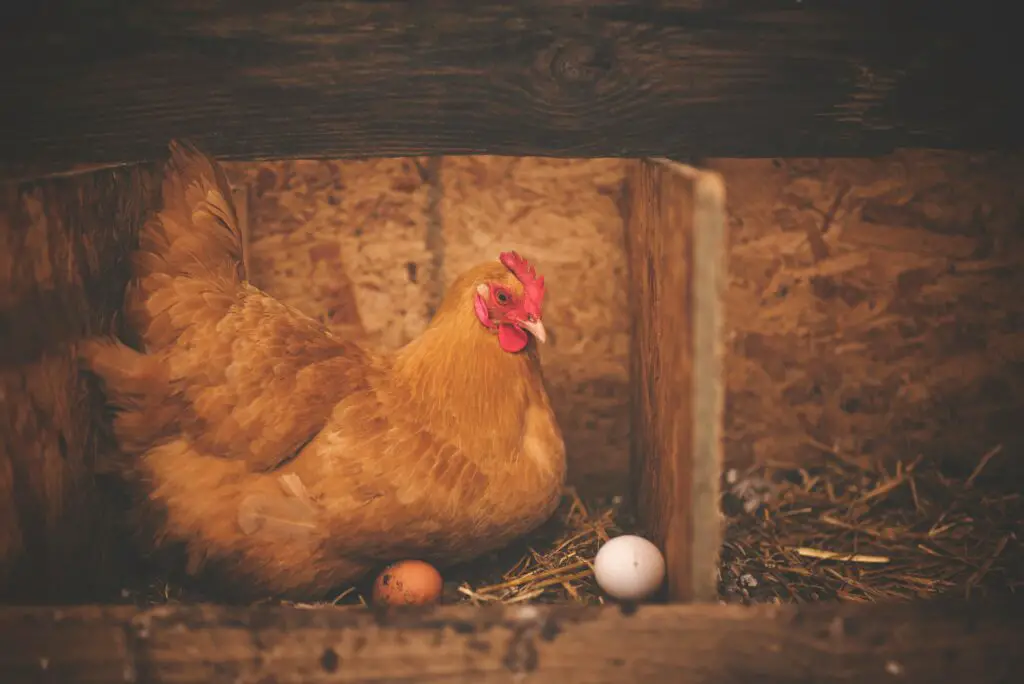
No matter how well you maintain a coop, chickens and their waste produce strong odors. These smells can permeate your yard and even affect nearby neighbors, leading to strained relationships. Managing odors often requires additional time and resources.
11. Pecking and Aggression
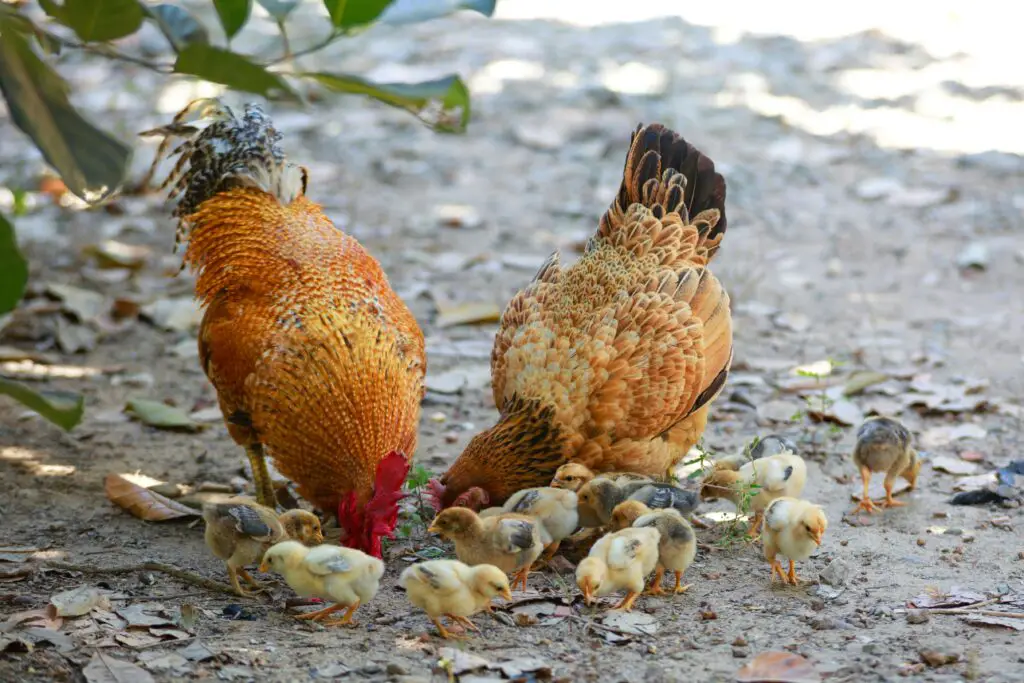
Chickens can exhibit aggressive behavior, particularly in overcrowded or poorly managed conditions. They may peck at one another, leading to injuries or even cannibalism within the flock. Managing their social dynamics can be stressful and time-consuming.
12. Unwanted Roosters
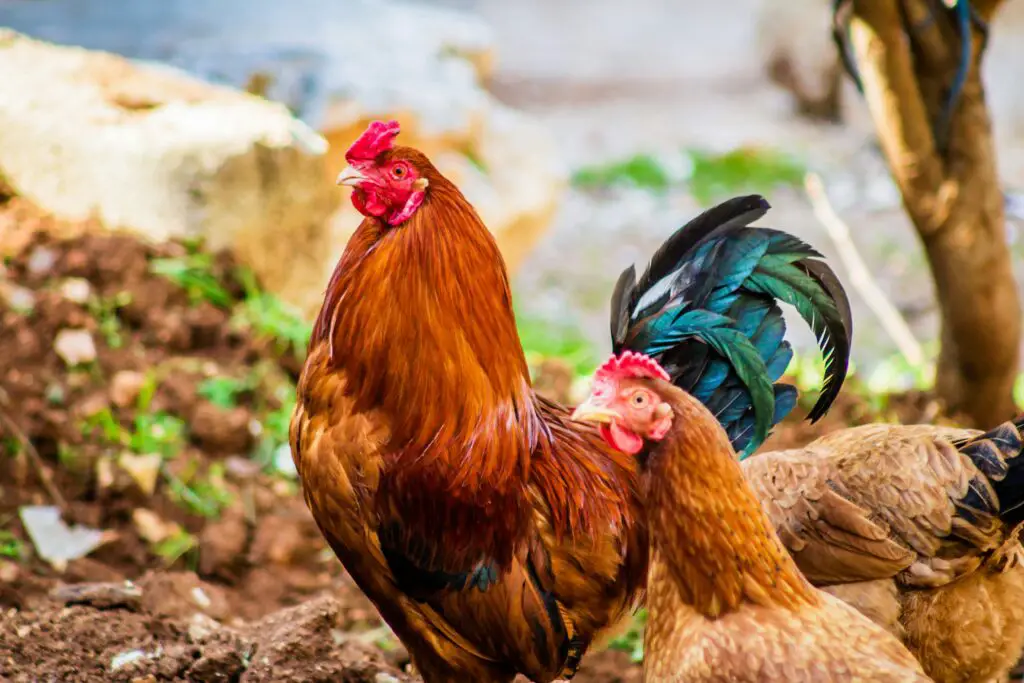
When hatching eggs, it’s common to end up with unwanted roosters, which are often prohibited in residential areas. Roosters don’t lay eggs and can become aggressive, making them difficult to keep. Rehoming roosters is challenging and sometimes heartbreaking for owners.
13. Seasonal Challenges
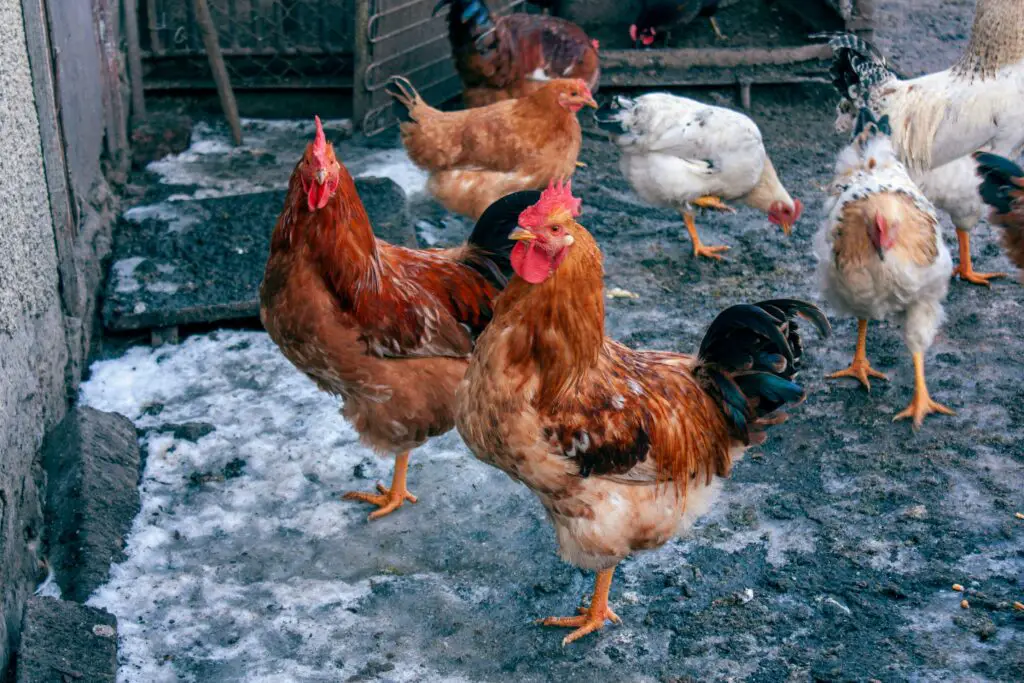
Chickens require extra care during extreme weather conditions, like keeping them warm in winter or cool in summer. Special equipment, such as heat lamps or fans, may be needed, increasing costs and maintenance time. Weather-related challenges often catch new owners off guard.
14. Dietary Demands
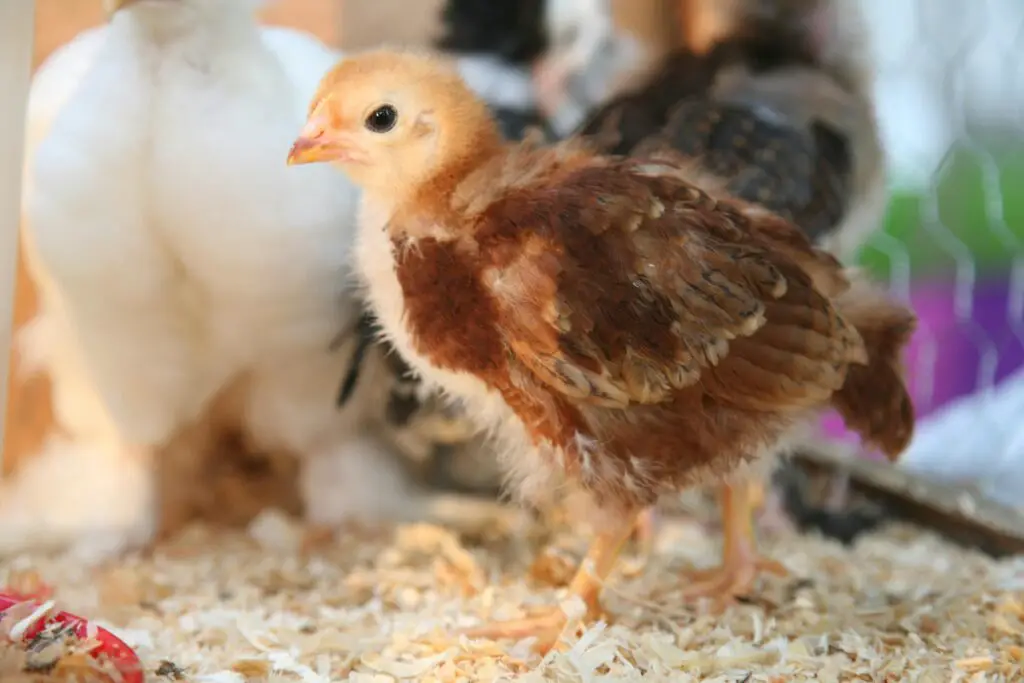
Chickens require a balanced diet to stay healthy and productive, which means more than just feeding them scraps. Purchasing feed, supplements, and grit adds to the ongoing expenses. Poor nutrition can lead to health issues, reducing their lifespan and egg production.
